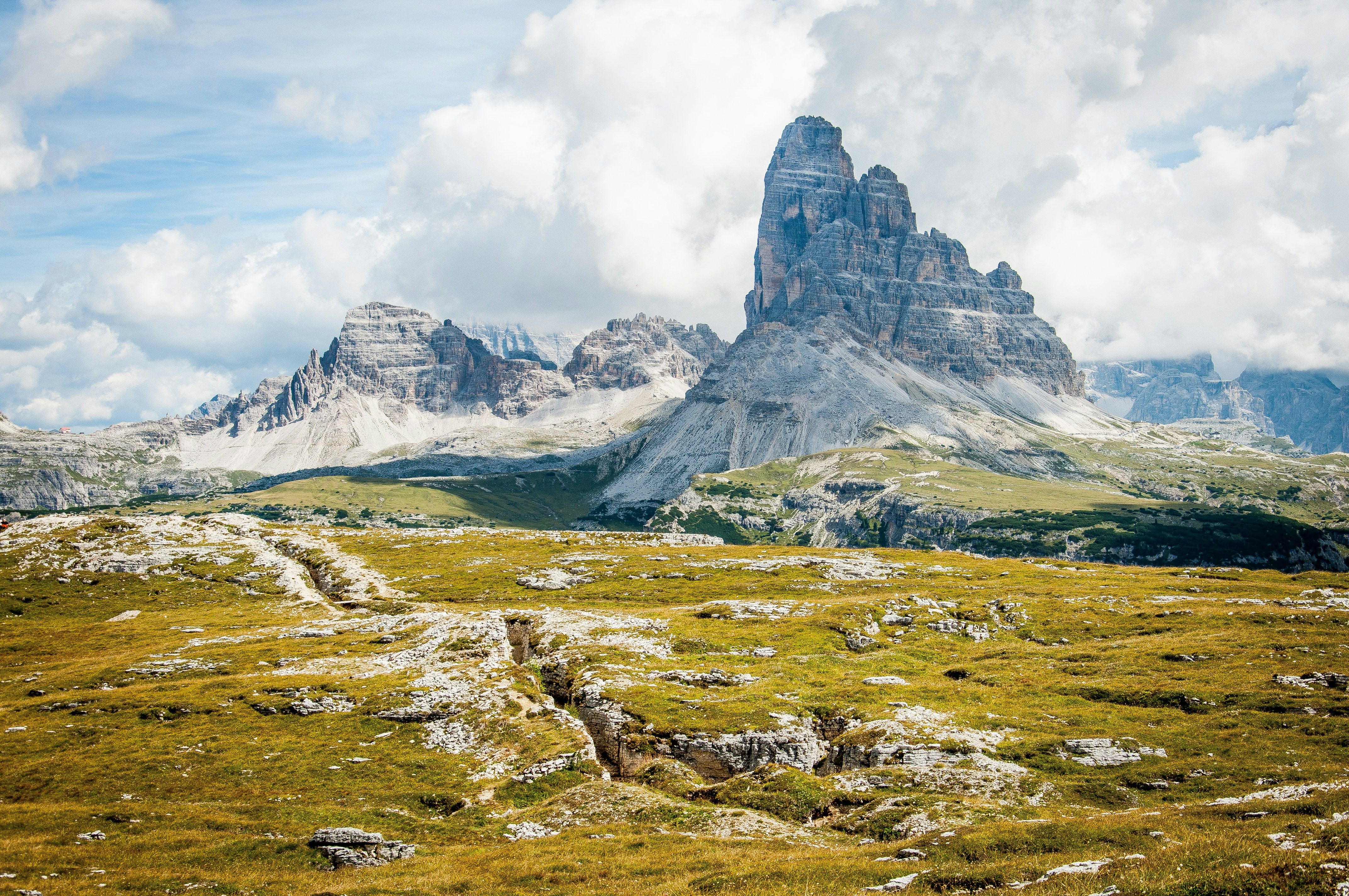Massive anti-government demonstration in Israel, matching size seen since the onset of the ongoing conflict with Hamas.
In the heart of ongoing conflicts, Israel's political landscape has been rocked once more by widespread anti-government protests. A mammoth demonstration, the largest since the country battled Hamas in October, unfolded in Jerusalem on Sunday. Protesters called for an immediate ceasefire and the release of hostages trapped in Gaza by Palestinian militants, and they demanded early elections to oust Prime Minister Benjamin Netanyahu.
Unity within Israel's society was notably present following the cross-border attack in October, which claimed over 1,200 lives and resulted in the kidnapping of around 250 others. However, nearly six months of conflict have reignited divisions surrounding Netanyahu's leadership. While the prime minister vowed to eradicate Hamas and bring back all hostages, these goals remain elusive. Despite Hamas suffering significant losses, the militant group remains intact.
In November, roughly half of the hostages in Gaza were freed during a weeklong ceasefire. Yet, international mediation efforts to bring back the remaining hostages have failed. The families of the hostages growing increasingly impatient and vocal in their condemnation of Netanyahu. Boaz Atzili, whose cousin was among those taken hostage, criticized the government, stating, "We believe that no hostages will come back with this government because they're busy putting sticks in the wheels of negotiations for the hostages."
The demonstrators blame Netanyahu for the failures of October, pointing to his hard-line policies and deep political conflicts over his attempted judicial overhaul last year. They argue these divisions weakened Israel ahead of the conflict with Hamas. Some allege he has damaged relations with the United States, the country's most crucial ally. Furthermore, Netanyahu is entangled in a litany of corruption charges that continue to make their way through the courts, prompting criticism that his decisions appear focused on political survival rather than the national interest.
Public opinion polls suggest Netanyahu and his coalition trail far behind their rivals should elections be held today. However, unless his governing coalition implodes earlier, Netanyahu won't face elections until the spring of 2026. Protest organizers have pledged to continue demonstrating for several days and called on the government to hold new elections nearly two years ahead of schedule.
In a pre-surgery speech on television, Netanyahu acknowledged the families' pain but argued that calling elections at this juncture would paralyze Israel for six to eight months and halt the hostage talks. Netanyahu's coalition seems unyielding for the time being.
Visit our website or follow us on various platforms for updates on this evolving situation in Israel, including recent developments pertaining to the ICC prosecutor's request for arrest warrants for Hamas leaders and Netanyahu, discoveries of missing French toddler Emile Soleil, and the struggle of Gaza charity kitchens amid ongoing aid blockades.
The Gaza Strip, Hamas, Israel, Israeli-Palestinian conflict, Benjamin Netanyahu, Israel-Hamas war, corruption
- The demonstrators in Jerusalem, frustrated with Prime Minister Benjamin Netanyahu's leadership, are calling for early elections, believing that no hostages will return under his governance due to perceived focus on political survival over national interest.
- In the midst of ongoing war-and-conflicts, politics, general-news, and crime-and-justice, the Israeli Prime Minister has been criticized for alleged shortcuts, as shown in the litany of corruption charges he faces.
- Hamas, despite suffering significant losses in the Israel-Hamas war, remains an intact militant group, causing ongoing tension in the region.
- The Muslim fundamentalist group Hamas has been at the center of the ongoing Israeli-Palestinian conflict, fueling shortcuts in the form of rough tactics and causing demonstrations and political upheaval in Israel.










